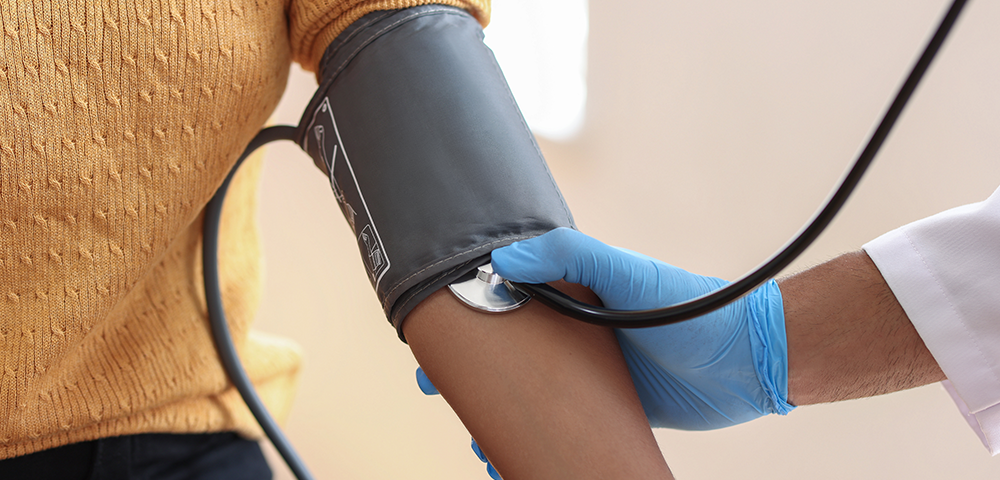by Dr. Agata Toborek, Lexington Clinic Pediatrics
Breastfeeding your newborn baby is both challenging and rewarding. New parents often face lots of uncertainty regarding if their baby is getting enough to eat. Having knowledge of some breastfeeding basics ahead of delivery can help ease your stress in those first few days.
If possible, you should try to breastfeed your baby right after delivery. If you and your baby are both medically stable, your baby should be placed skin to skin on your chest and breastfeeding should happen within the first hour after delivery.
After delivery, your newborn should feed between 8-12 times per day, which means every 2-3 hours around the clock. Newborns are often sleepy, so it can take some effort to wake them for feeds. Undressing them, tickling their cheeks and feet can help. You should try to feed your baby for about 15 minutes per breast during each feed.
For the first 2-5 days after delivery, you will produce colostrum from your breasts- a small amount of yellow-colored fluid that is filled with nutrients and antibodies. After that, you start to produce milk, which will be white colored and in greater amounts than the colostrum. Signs to look for that your colostrum is transitioning to milk are breast fullness and tenderness, leaking of milk from your breasts, hearing more frequent swallowing when your baby is on your breast and seeing white milk in your baby’s mouth.
Your newborn will be closely monitored for weight loss during their hospital stay and with their pediatrician. All babies (even formula-fed babies) lose weight after birth, and it is normal to lose up to 10% of the birth weight after delivery.
Your baby’s urine and stool diapers will also be closely monitored. On days 1-2 of life, your newborn should have at least 1-2 meconium (tarry, black) stools. By day 5-7 of life, your baby’s stool should be a yellow color and have a soft/seedy consistency. Your baby should have at least 3-4 stools per day, and it is normal if they have a stool with each feed. Your baby’s urination should also increase gradually in the first few days at least 1 urine on the first day of life, 2 urines on their second day, 3 urines on their third day, etc. Ultimately your baby should urinate 7-10 times per day after the first week of life.
There are many resources to help you and your newborn succeed at breastfeeding. While in the hospital, you should closely work with the nursing staff and lactation consultant. After leaving the hospital, your baby will be typically be seen within 3 days at their pediatrician’s office. Your pediatrician will ensure your baby is healthy and thriving.
Agata M. Toborek, MD is board-certified in pediatrics. She provides services in general pediatrics and her professional interests include caring for children from the time they are newborns until they become young adults.
Dr. Toborek is accepting new patients. She offers complementary prenatal visits, both in-person and via telehealth, for expecting parents to meet her and discuss any questions or concerns ahead of their baby’s delivery.
Dr. Toborek may be reached at (859) 258-5141.








